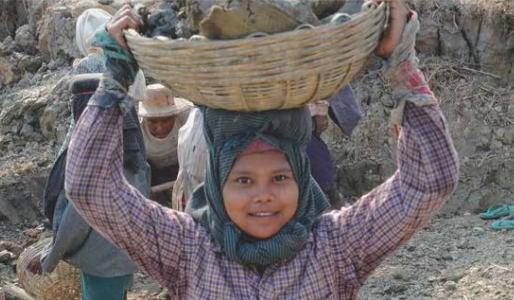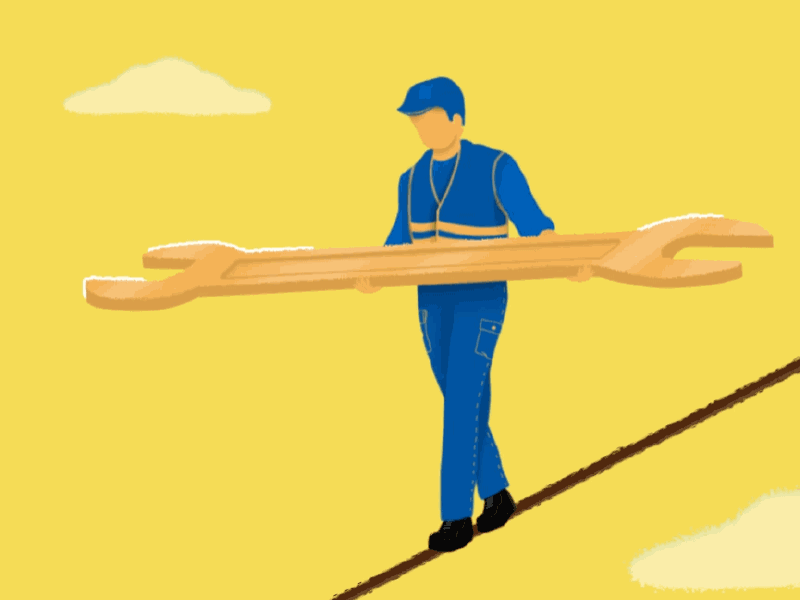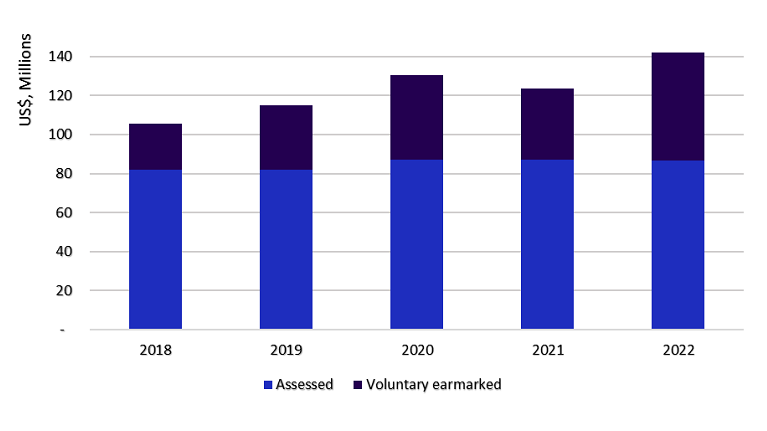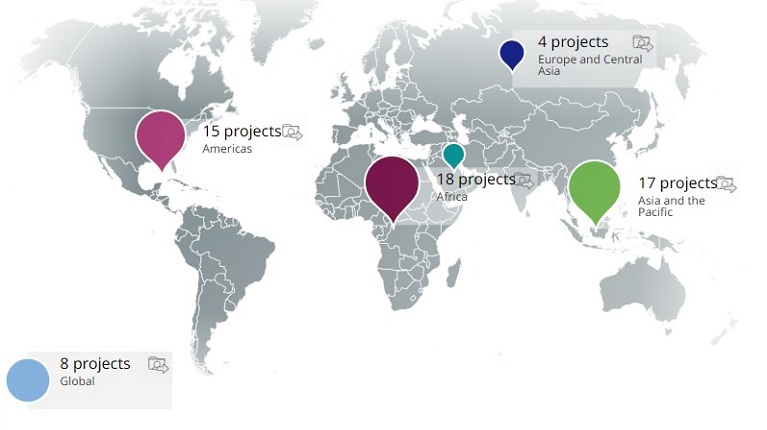United States - ILO Cooperation
The United States is a key partner of the ILO in promoting the Decent Work Agenda. The United States Government has ratified a number of ILO Conventions, including two fundamental Conventions on the Abolition of Forced Labour and on the Elimination of the Worst Forms of Child Labour, the governance Convention on Tripartite Consultation, as well as eleven technical Conventions. The United States holds one of the ten titular government seats of the ILO Governing Body permanently held by states of chief industrial importance.
Key U.S. Government Funding Partners
The United States Government has provided consistently high-level political engagement and attaches strategic importance to the ILO’s ability in fulfilling its global mandate. The United States and the ILO have long shared common interests in strengthening competitiveness, extending democratic values worldwide, ensuring global peace and prosperity, and securing universal human rights through improvements in global living and working conditions.The U.S. government works closely with the ILO primarily through the Department of Labor (USDOL) who represents the government on the ILO’s Governing Body, the Department of State (US-DoS) (USDOS) and the United States Agency for International Development (USAID).
United States Department of Labor
In terms of voluntary funding, the ILO works in close partnership with USDOL’s Bureau of International Labor Affairs (ILAB), including the Office of Child Labor, Forced Labor, and Human Trafficking (OCFT), the Office of Trade and Labor Affairs (OTLA) and the Office of International Relations (OIR).
ILAB's mission is to promote a fair global playing field for workers in the United States and around the world by enforcing trade commitments, strengthening labour standards, and combating international child labour, forced labour, and human trafficking. Learn more about USDOL OCFT's effort to eliminate the worst forms of child labor, forced labor, and human trafficking worldwide here.
United States Department of State
US-DoS leads US foreign policy through diplomacy, advocacy and assistance. US-DoS is a valued and essential partner for the ILO, supporting programs that promote workers’ rights and combat human trafficking at the global, regional and country level. The ILO works closely with US-DoS’s Bureau for Democracy, Human Rights and Labor (DRL), the Bureau of Population, Refugees and Migration (PRM), the Bureau of South and Central Asian Affairs and the Office to Monitor and Combat Trafficking in Persons (TIP).
United States Agency for International Development
USAID leads the Government’s international development work through partnerships to reduce poverty, strengthen democratic governance and help people emerge from humanitarian assistance. USAID’s Democracy, Human Rights and Governance Strategy focuses on the importance of human rights and its Global Labor Program builds the capacity of workers organizations and promotes human rights and justice for workers. As such, USAID’s partnership with the ILO contributes to projects on forced labour and human trafficking in Myanmar



